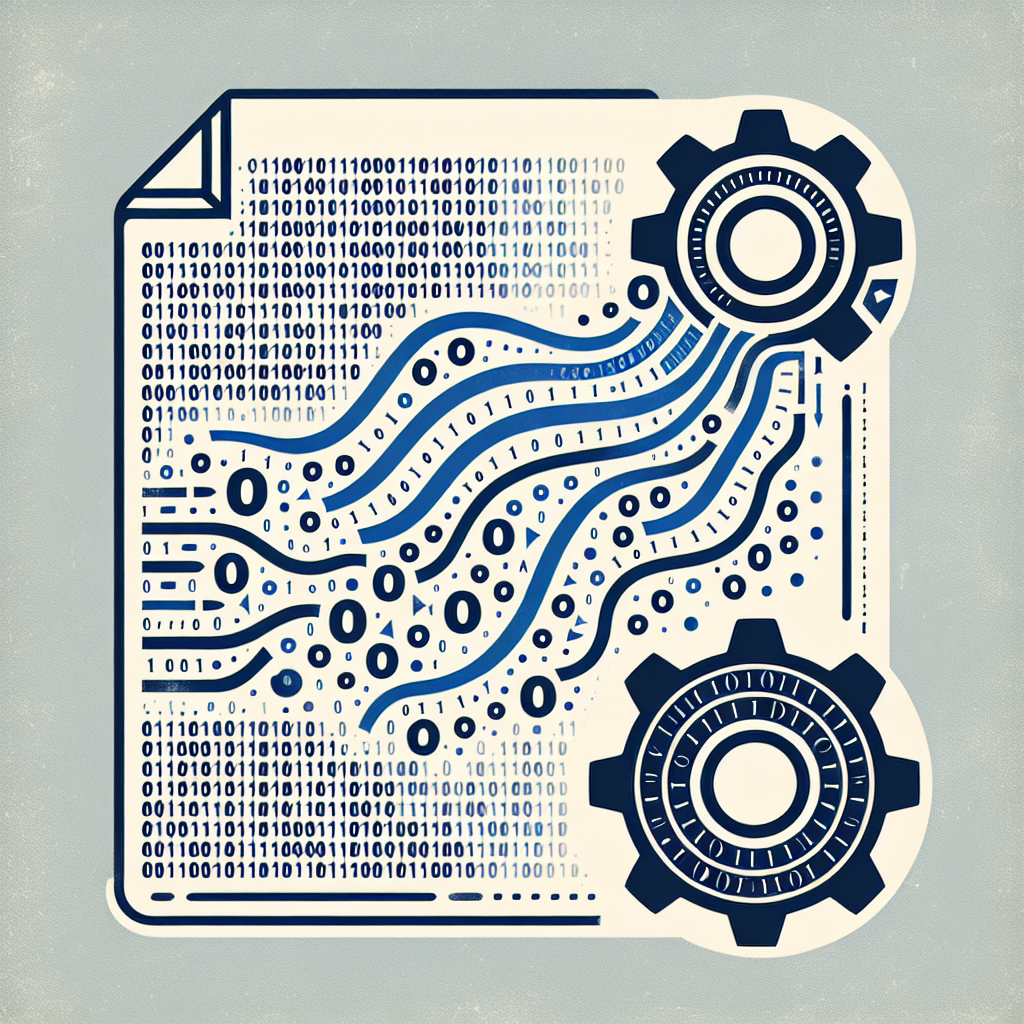Natural Language Processing (NLP) has made significant advancements in recent years, allowing machines to understand and generate human language with impressive accuracy. However, one area that has proven challenging for NLP is working with PDF documents, which contain complex layouts, images, and text that can be difficult to parse and analyze.
One promising approach to advancing NLP in PDFs is the use of Generative Adversarial Networks (GANs), a type of deep learning model that consists of two neural networks – a generator and a discriminator – that work together to generate realistic data. GANs have been successfully used in image generation, text-to-image synthesis, and other applications, and researchers are now exploring their potential for working with PDFs.
One key challenge in working with PDFs is extracting the text and structure from the document, which can be messy and inconsistent. Traditional NLP techniques struggle with this task, as they rely on predefined rules and patterns that may not apply to the complex layouts and formatting of PDFs. GANs offer a more flexible and adaptable approach, allowing the model to learn the underlying structure of the document and generate more accurate text representations.
One application of GANs in PDF processing is document summarization, where the model can generate concise summaries of lengthy PDF documents. By training the GAN on large datasets of PDFs and their corresponding summaries, the model can learn to identify important information and generate coherent summaries that capture the key points of the document.
Another potential use case is in document translation, where the GAN can be trained on parallel PDF documents in different languages to generate accurate translations. By learning the relationships between the text in the original document and its translation, the model can generate high-quality translations that preserve the meaning and context of the original text.
Overall, the use of GANs in PDF processing shows great promise for advancing NLP in this challenging domain. By leveraging the power of generative modeling, researchers can develop more robust and accurate NLP models that can effectively work with PDFs and extract valuable information from these complex documents. As research in this area continues to progress, we can expect to see significant advancements in NLP capabilities for PDFs, opening up new possibilities for information extraction, summarization, translation, and more.
#Advancing #NLP #PDFs #Power #Generative #Adversarial #Networks,gan)
to natural language processing (nlp) pdf


Leave a Reply